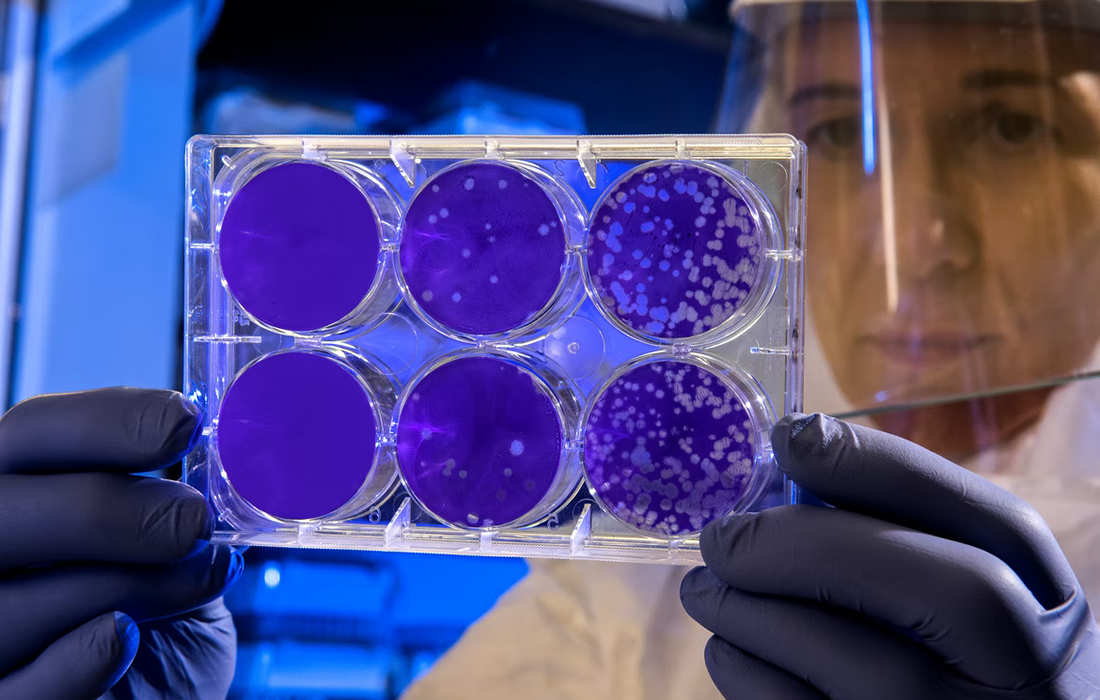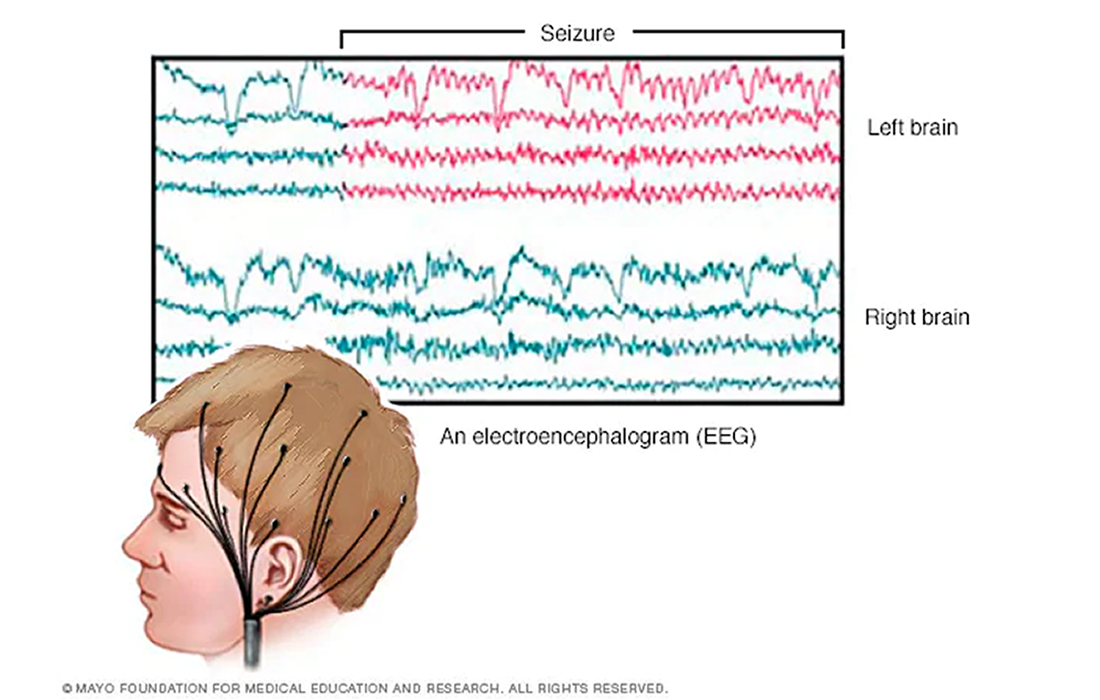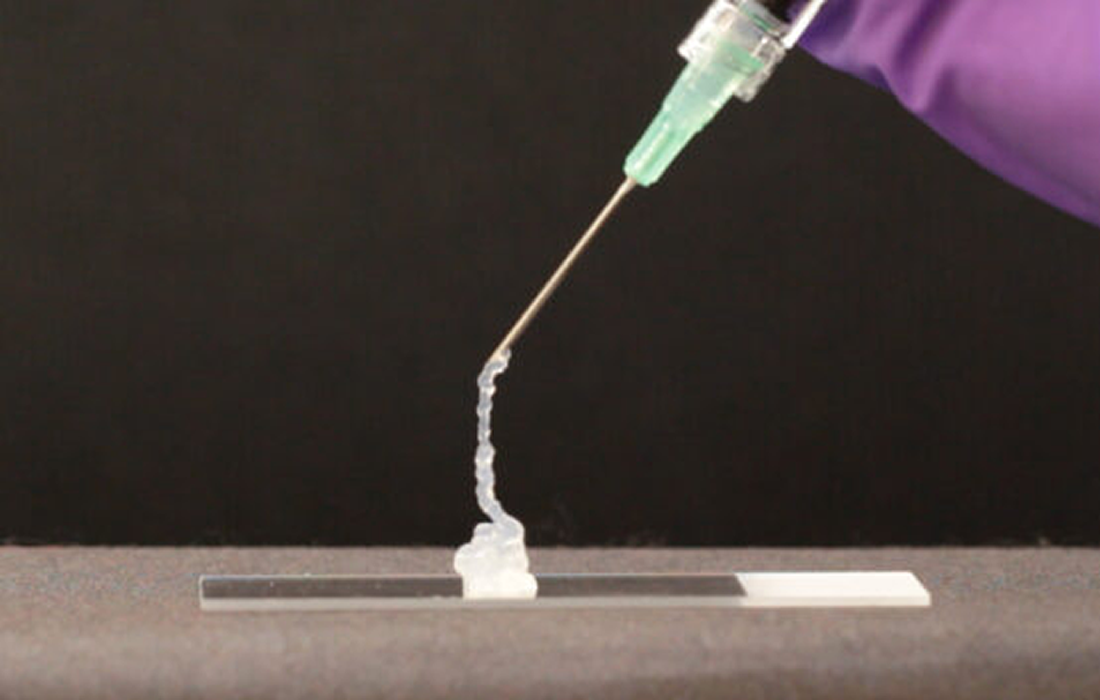Diabetes mellitus is a chronic disease that affects over 460 million people worldwide (International Diabetes Foundation, 2019) and bears a significant financial, disability, and mortality cost for health care systems and patients globally. Almost 130,000 new cases of type 1 diabetes are diagnosed each year, and patients face a lifetime of exogenous insulin therapy. Approximately […]
Monthly Archives: April 2022
Migraine is a highly prevalent brain disorder characterized by disabling attacks of moderate-to-severe pulsating and usually one-sided headaches that may be aggravated by physical activity and can be associated with symptoms such as hypersensitivity to light and sound, nausea, and vomiting. It has a lifetime prevalence of 15-20% and is ranked as the second most […]
Vitamin K is a fat-soluble vitamin that comes in two forms. The main type is called phylloquinone, found in green leafy vegetables like collard greens, kale, and spinach. The other type, menaquinones, are found in some animal foods and fermented foods, and can also be produced by bacteria in the gut microbiome. In a recently […]
A key concept when discussing the prevention or mitigation of cognitive aging is that of cognitive reserve. CR is defined as the discrepancy between the expected and observed levels of cognitive impairment, given the observed level of age-related neuropathology or brain disruption. CR is the individual ability to compensate for age-related neural deterioration and maintain […]
Traumatic spinal cord injury (SCI) is a leading cause of permanent neurologic disabilities in young adults. Functional impairments after SCI are substantially attributed to progressive neurodegeneration. The use of stem cells is a novel therapeutic approach to help regenerate the damaged nervous system. In a new study researchers from the University of Manitoba, in Canada […]
Gram-negative bacteria construct their outer membrane with two main, non-protein components, lipids and sugars, which form an impermeable barrier. Researchers did not know how this lipopolysaccharide component comes together. Researchers have now discovered how these bacteria, which can cause drug-resistant pneumonia, bloodstream infections, and surgical site infections in hospitalized patients, finish building this crucial component […]
In a new study presented at the Congress of the Schizophrenia International Research Society 2020, researchers have evaluated a novel compound that targets potassium channels in brain interneurons, which not only improves gamma oscillations in patients with schizophrenia but also their symptoms. The study included two dozen men with schizophrenia, the AUT00206 compound was compared […]
Cocoa is made from the bean of the cacao tree, Theobroma cacao, and has a long history of medicinal use and potential health benefits based on its flavonol and procyanidin content also found in tea, grapes, wine, and other foods. The cocoa extract also contains methylxanthines such as theobromine and caffeine, which may enhance the […]
In COVID-19 one of the most prevalent non-respiratory symptoms is olfactory dysfunction, which can be of variable severity, including anosmia, hyposmia, and parosmia. It reportedly affects 30-70% of patients with COVID-19. The prevalence of olfactory dysfunction has prompted US Centers for Disease Control and Prevention to list new loss of smell as a cardinal symptom […]
One cutting-edge cancer treatment today involves collecting and reprogramming a patient’s T cells and then putting them back into the body ready to detect and destroy cancerous cells. This type of therapy is effective for blood cancers like leukemia but has rarely succeeded in treating solid tumors. Recently, Stanford University engineers have developed a delivery […]










